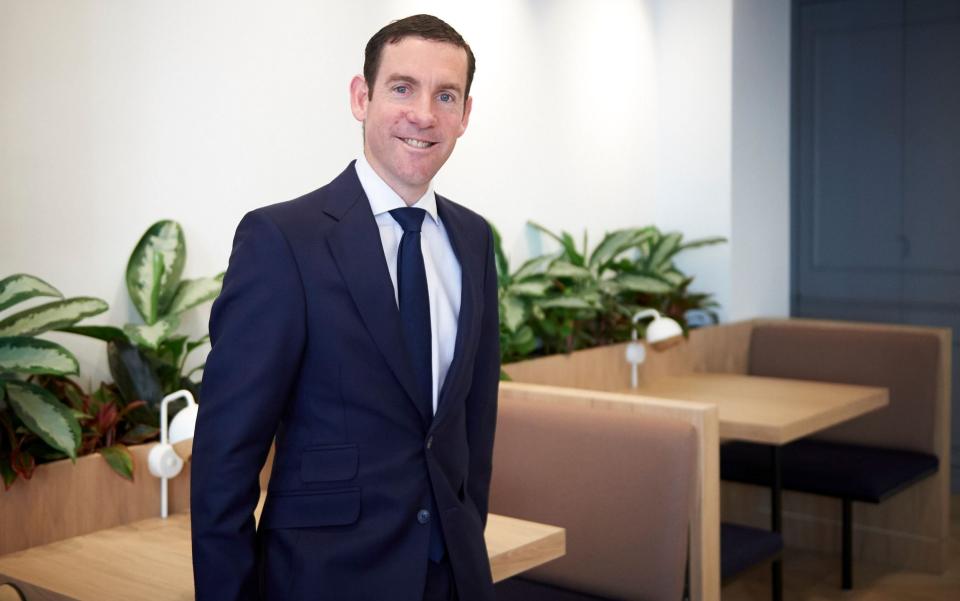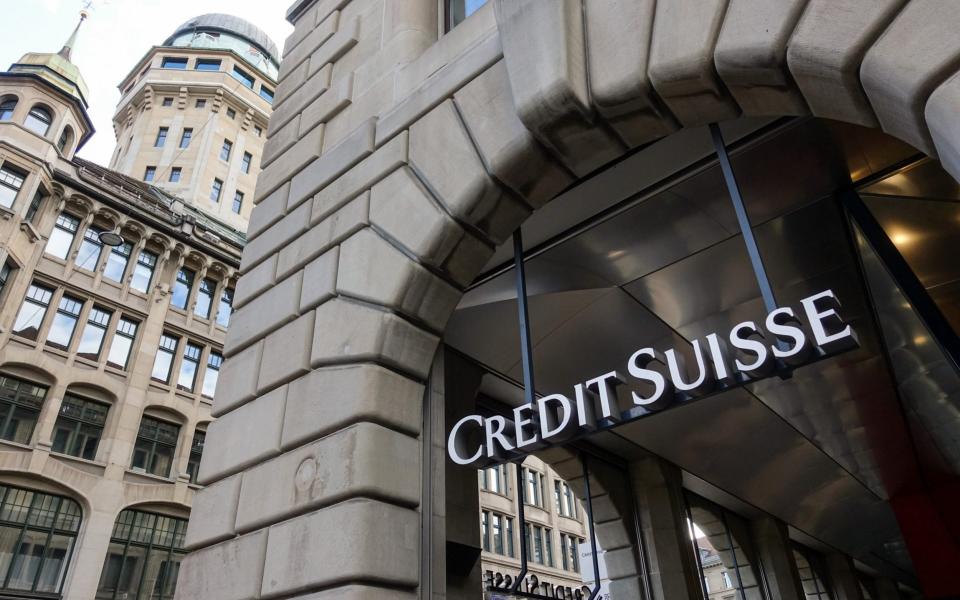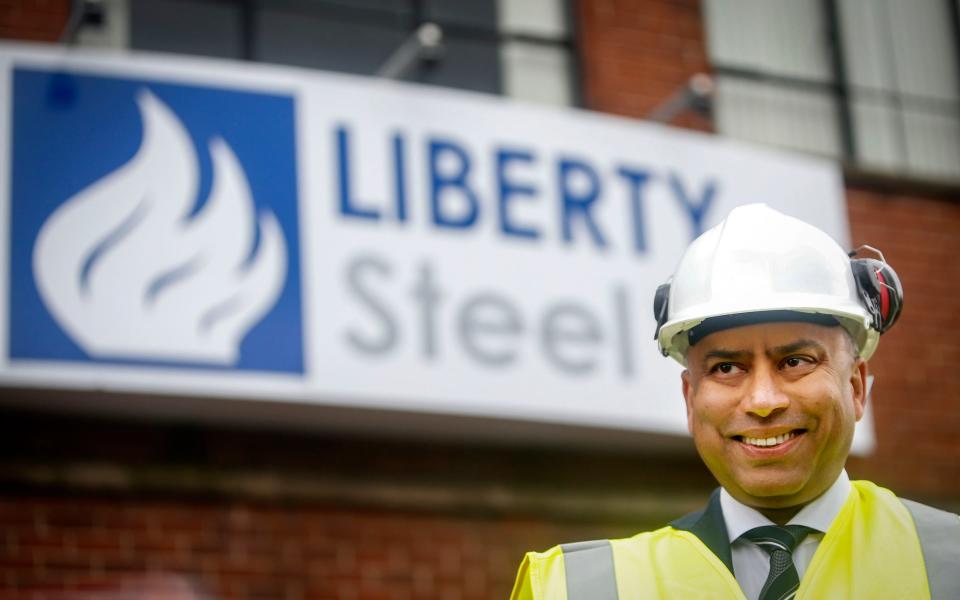Greensill Capital: the lender advised by David Cameron battles for survival

The doors of Whitehall were flung open for Lex Greensill last spring. Over the course of a few weeks between April and June, the Australian’s finance firm Greensill Capital was granted no fewer than six meetings with the second permanent secretary to the Treasury.
Government transparency filings show Charles Roxburgh met representatives of Greensill on April 16 and 24, as well as on May 13, 14 and 15, weeks before it was accredited as a lender under the Coronavirus Large Business Interruption Loan Scheme (CLBILS) on June 11.
The successful talks resulted in an official stamp of approval for a firm that has cast itself as an innovator and “disruptor” in the finance industry, and drawn capital from Softbank Group. Even David Cameron climbed aboard as an adviser.
Yet now, as Greensill is threatened with insolvency, some of its influential ties are fraying. It made CLBILS loans to the steel tycoon Sanjeev Gupta, the founder of Liberty House Group. However, an investigation by the British Business Bank, which administers the scheme, has found breaches of the rules and warned the firm it will withdraw the accompanying taxpayer guarantees.
Whitehall insiders argued the quick succession of meetings demonstrated close scrutiny of CLBILS lenders. No other firm received such close attention from the Treasury in those months of crisis.
“[Founder] Lex Greensill boasted about his closeness to the UK Government throughout the company’s growth,” says one industry source. “Questions have been raised about Greensill for a while, but there was very little engagement from the UK Government and regulators. There have been issues abroad too, but very little interest in the UK.”
Lord Myners, a former City minister under Gordon Brown, says he has been asking questions about the SoftBank-backed business for years but has “always received bland replies” and “non-interest from the Government or regulators”.
Greensill is now at the centre of a storm, however. The British Business Bank’s moves to strip the firm of its taxpayer guarantees could leave it liable for massive losses if Gupta’s business fails to make repayments. Liberty House's finances have become stretched following a international takeover spree targeting struggling steel works.
A British Business Bank spokesman said: “Greensill Capital was approved by the Bank in June last year to provide finance through CLBILS. All accredited lenders are subject to audit by the British Business Bank to ensure their compliance with scheme rules. If serious non-compliance is identified, the Bank is entitled to take remedial action. Such action might include termination of the Guarantee Agreement or withdrawal of the Guarantee. It would not be appropriate to comment on individual cases given commercial sensitivities.”
For Greensill, the crisis has been escalated by Credit Suisse’s decision to suspend $10bn of funds linked to its lending operations. Swiss asset manager GAM is also closing the $842m GAM Greensill Supply Chain Finance Fund to subscriptions and redemptions “as a result of recent market developments”.

Greensill is a pioneer in “reverse factoring” - a form of cash advance where a company pays its suppliers early using loans. It also sold stakes in these advances to banks such as Credit Suisse. Its rapid rise meant that within a decade it was providing about $150bn to businesses around the world, had its own fleet of private jets (reportedly put up for sale last year) and made its founder a billionaire. Its model packages up the invoices it acquires into bonds which it sells on to investors.
Both Greensill and Gupta are scrambling to secure injections of new capital. The steel maker has failed to secure funding from Canadian asset manager Brookfield, sources told the Financial Times. A spokesman for GFG Alliance said the business has adequate funding for its current needs and refinancing plans.
Unions have been trying to understand Liberty’s relationship with Greensill for years. Gupta’s acquisitions have saved thousands of steelworkers’ jobs in the UK but unions are concerned that problems with one of the company’s main sources of lending could threaten these.
One industry insider said: “There have been questions but there’s been a reluctance to pick at the scab because the alternative is Armageddon.”
A spokesman for steelworkers union Community said: “The speculation is very concerning and we are pressing the company for answers. We are ready to work with the company and the government to secure jobs and safeguard the future of this crucial strategic business.”

Greensill is believed to be in talks on a sale of its operating business to Apollo Global Management for about $100m. A Greensill spokesman confirmed it has entered a period of exclusivity with a “leading global financial institution”, with a view to concluding a deal this week. The transaction is “expected to include large parts of Greensill’s business and its assets under management”, he said.
The saga represents a dramatic downfall for Lex Greensill, who predicted less than a month ago that there would be a growing demand for the type of financing in which he specialises. “I welcome the debate, the conversation,” he told Bloomberg of the recent criticism. “The truth is, when you do things new, there are going to be things that seem controversial or potentially risky to bring a new model to bear in the market.”
Greensill grew up on a sugar cane and melon farm in Queensland, Australia, setting up the company in 2011 after watching the financial hardships his parents experienced from delayed payments for the crops they produced. While training as a lawyer in the evenings he worked with the Fruit and Vegetable Growers Association to rewrite its payment code so that farmers could get paid faster - an idea he used as the foundation for Greensill Capital.
While doubts have swirled for months, some have continued to buy into his vision. In a government-commissioned report published only this week, as the London-based firm was gripped in a rapidly escalating crisis, Greensill was even highlighted as one of the leading lights within British fintech.
The review, carried out by former Worldpay boss Ron Kalifa, positively highlighted Greensill’s recent expansion to China and its work with the University of Manchester, giving recommendations highlighting the success of the embattled business.
The Financial Conduct Authority and the Serious Fraud Office declined to comment when asked if they were investigating Greensill.
A Treasury spokesman said: “Treasury officials regularly meet with a range of stakeholders to discuss our economic response to the Covid pandemic.”
